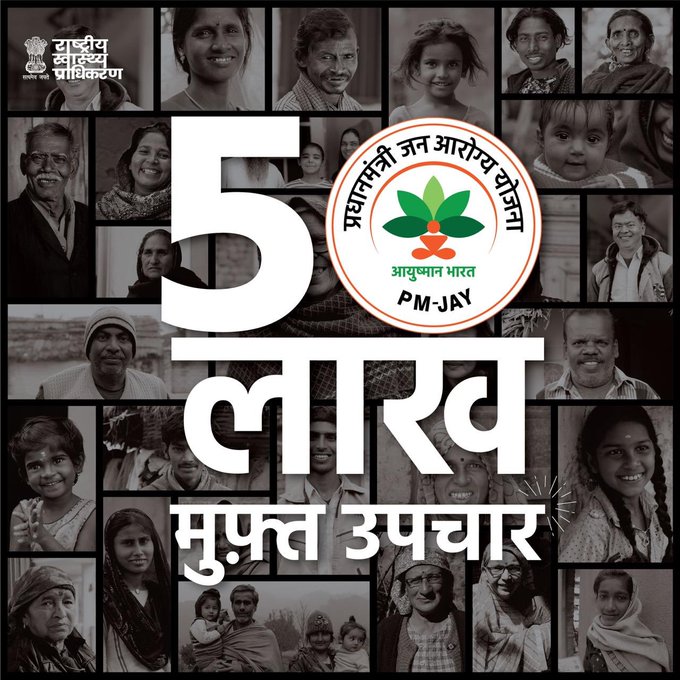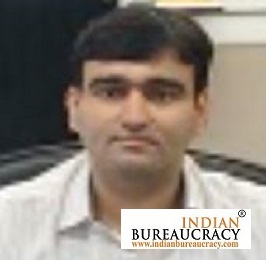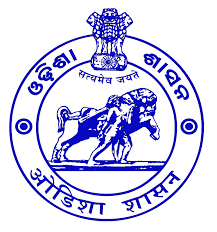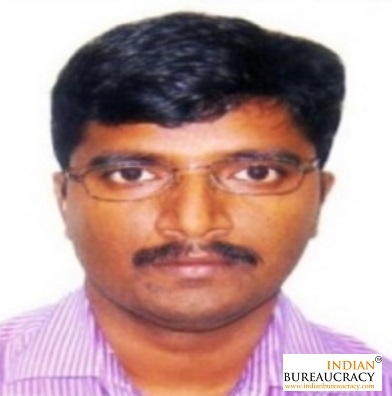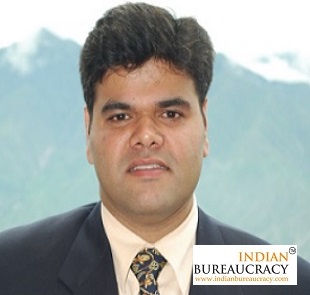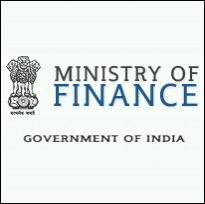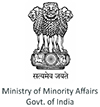In a historic development, Delhi became the 35th State/Union Territory to implement the Ayushman Bharat Pradhan Mantri Jan Arogya Yojana (AB PM-JAY). The implementation follows the signing of a Memorandum of Understanding (MoU) between the National Health Authority (NHA) under the Union Ministry of Health and Family Welfare (MoHFW) and the Department of Health & Family Welfare, Government of NCT Delhi. The MoU was signed by Smt. L.S. Changsan, Additional Secretary, MoHFW & CEO, NHA, and Dr. S.B. Deepak Kumar, Secretary (Health & Family Welfare), Government of NCT Delhi.
The signing ceremony was presided over by Shri Jagat Prakash Nadda, Union Minister of Health and Family Welfare & Chemicals and Fertilizers, in the presence of Smt. Rekha Gupta, Chief Minister of Delhi; Shri Harsh Malhotra, Union Minister of State for Corporate Affairs and Road Transport & Highways; Smt. Anupriya Patel, Union Minister of State for Health and Family Welfare & Chemicals and Fertilizers; and Dr. Pankaj Kumar Singh, Delhi’s Minister for Health, Family Welfare, Transport, and IT. The event was also attended by MPs from Delhi, senior health officials including Smt. Punya Salila Srivastava, Union Health Secretary, and Shri Dharmendra, Chief Secretary of Delhi.
Addressing the gathering, Shri J.P. Nadda expressed pride that the world’s largest health coverage scheme is finally being implemented in the national capital. Emphasizing that the scheme is based on trust, he clarified that it is an assurance scheme rather than an insurance model. He highlighted that using the economic caste census, 50 crore individuals were brought under this initiative, making it the first of its kind in India. Additionally, 36 lakh frontline health workers, including ASHAs and Anganwadi workers, are now covered under both AB PM-JAY and the Pradhan Mantri Jeevan Bima Yojana, ensuring comprehensive social security.
A key announcement was that under the implementation of AB PM-JAY in Delhi, all senior citizens aged 70 years and above, regardless of socio-economic status, will now be covered under the Ayushman Vay Vandana Yojana, offering ₹5 lakh in free health coverage, including for pre-existing conditions from day one. This initiative is expected to benefit more than 6 lakh senior citizens in Delhi from around 4.5 lakh families. Overall, an estimated 36 lakh people in Delhi will benefit under this expanded coverage, including those from over 6.5 lakh families.
Shri Nadda added that the scheme targets over 55 crore beneficiaries, covering 12 crore families or nearly 40% of India’s vulnerable population. He noted that the scheme has significantly reduced out-of-pocket healthcare expenditure, from 62% in 2014 to 38% today. Quoting a recent LANCET study, he stated that access to cancer treatment improved substantially, with a 90% increase in patients starting treatment within 30 days under AB PM-JAY.
Speaking at the event, Smt. Rekha Gupta expressed optimism that Delhiites would now receive ₹5 lakh health coverage per family annually, with an additional ₹5 lakh top-up from the Delhi government, effectively doubling the benefit. She stated that 6.54 lakh families in Delhi would gain from this initiative. Beneficiaries will now have access to 1,961 health benefit packages across 27 medical specialties, featuring upgraded procedures and enhanced rates for hospital care. She also informed that card distribution for the scheme would begin on April 10, 2025.
Smt. Anupriya Patel, Union Minister of State, described the day as historic for the people of Delhi, symbolizing a shared commitment between the central and Delhi governments to offer quality, affordable healthcare. She reiterated that ₹1.75 crore in out-of-pocket expenses have been saved so far through the AB PM-JAY and that all 6.54 lakh families in Delhi will now benefit, including all senior citizens aged 70 and above.
Launched on September 23, 2018, Ayushman Bharat PM-JAY has revolutionized healthcare access for millions of poor and vulnerable families across India. In just five years, the scheme has enabled timely access to quality healthcare while protecting families from catastrophic health expenditures, especially during emergencies. With its extension to Delhi, the initiative is set to further empower and protect the capital’s citizens with equitable and dignified healthcare access.


